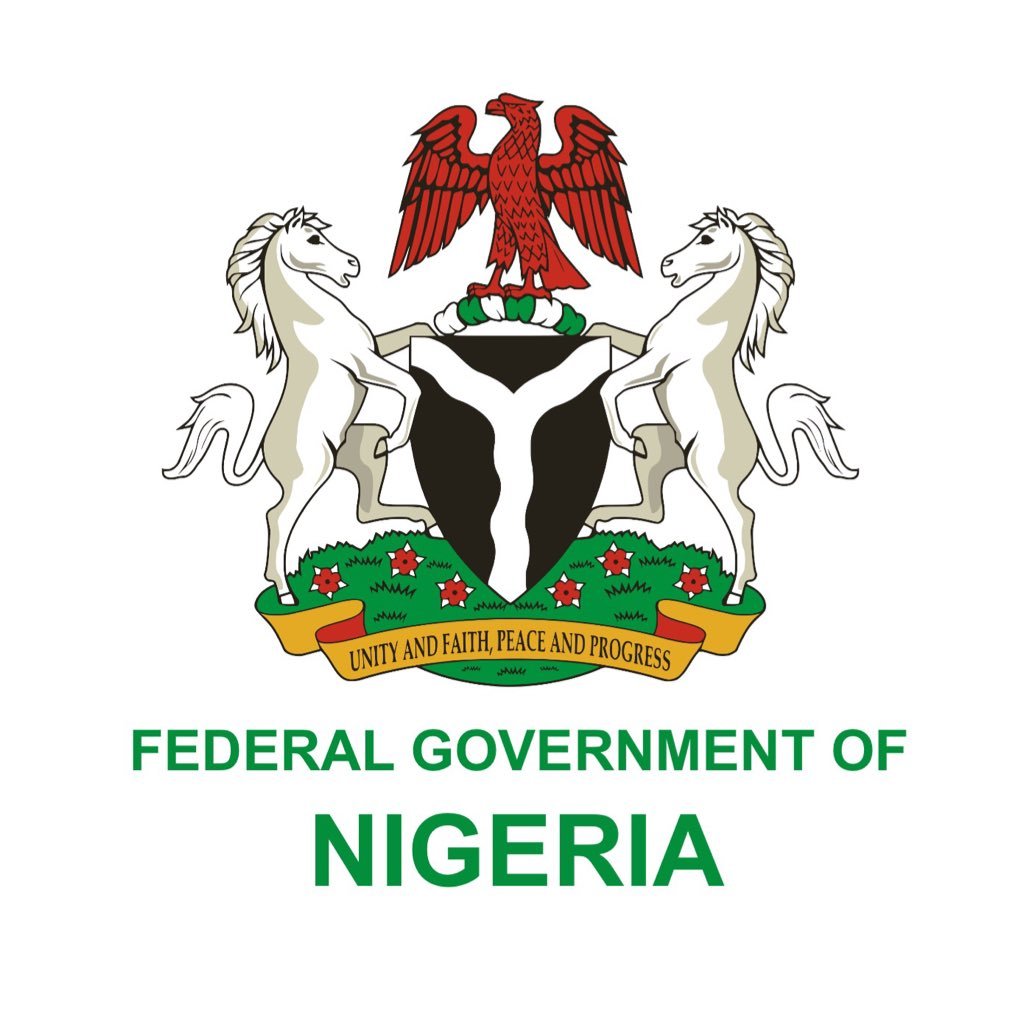The Nigerian Investment Promotion Commission (NIPC) came first in the 2024 National Freedom of Information (FOI) ranking compliance among 245 ministries, departments and agencies (MDAs).
Other MDAs in the top 10 ranking include Revenue Mobilisation, Allocation and Fiscal Commission (2nd); Development Bank of Nigeria (3rd); Nigerian Export Processing Zone Authority (4th); Bureau of Public Service Reforms (5th); National Bureau of Statistics (6th); Tertiary Education Trust Fund (7th); Nigerian Export Promotion Council (8th); Bureau of Public Enterprises (9th) and National Agricultural Insurance Corporation (10th).
Librarians Registration Council of Nigeria came in the ranking.
This was disclosed during the unveiling of the rankings by the Cohorts made up of Accountability Lab Nigeria, Public and Private Development Center, Media Right Agenda, International Center for Investigative Reporting (ICIR), BudgiT Foundation and Right2Know in Abuja yesterday.
The Data Analyst for ICIR, James Emmanuel who gave a breakdown of the ranking, said the MDAs were ranked based on their proactiveness, level of disclosure and responsiveness to freedom of information requests.
He noted that only 1.22 per cent of 245 MDAs were fully proactive during the assessment, 6.94 per cent of the MDAs were partially proactive, while 91.84 per cent of the MDAs were non-proactive.
He also said only 9.39 per cent (23) of the MDAs fully disclosed the information requested; 5.71 per cent (14) of the MDAs partially disclosed the information requested and 84.9 per cent (208) of the MDAs failed to disclose the information requested.
The data analyst explained that the three parameters used in the assessment were proactive disclosure, level of responsiveness to requests for information, and level of disclosure.
He stated that the total points were 100: 60 points for proactive disclosure, 20 points for level of responsiveness, and 20 points for level of disclosure.
The Programme officer, Rights to Know (R2K), Nigeria, Victoria Etim, said part of the challenges faced during the assessment was an inactive website of some MDAs.
She said: “Basically, we look into government websites to see if they have pertinent information on their website, and we found that a number of the institutions did not have.
“No data from their website, and that has been a huge problem for us in the assessment. We want to encourage the non-performing MDAs to do better next year.”
The Chief Executive Officer of PDC, Lucy Abagi urged government agencies to be transparent and answerable to the public.
She also stressed the need for the agencies to provide the citizens with information to monitor and participate in governance.
According to her, public institutions should voluntarily release relevant information and provide timely access to public information for informed decision-making.
The Nation






